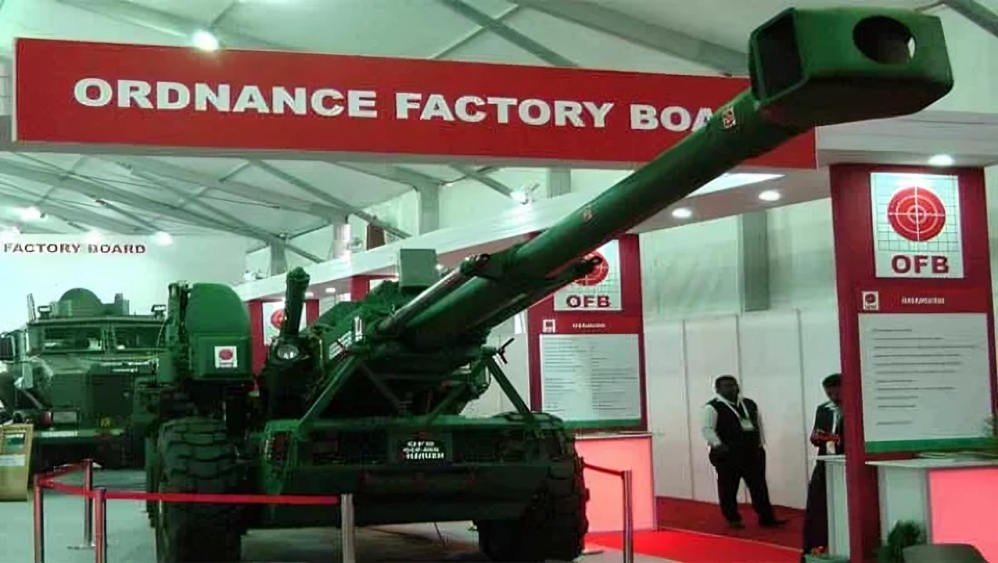Following the devastating terror attack in Pahalgam on April 22 that killed 26 civilians—mostly Hindu tourists—India’s defense manufacturing machinery has been placed on high alert. Munitions India Limited (MIL), the state-run enterprise overseeing 12 key ordnance factories, has canceled all extended leaves for employees at several of its plants. The decision comes amid mounting tensions with Pakistan, with intelligence agencies tracing digital links of the attackers to locations in Muzaffarabad and Karachi.
While MIL’s official explanation attributes the move to recovering April’s production shortfalls and fulfilling international defense contracts, insiders confirm that the real driver is national security. “The order was issued in view of national security,” an official from Ordnance Factory-Khamaria in Jabalpur revealed. At Ordnance Factory-Itarsi, employees were told that only minimal leave—up to two days—would be allowed for the next two months.
Formed in 2021 from the restructuring of the Ordnance Factory Board, Pune-based MIL plays a pivotal role in India’s defense infrastructure. Its factories manufacture a wide array of ammunition and equipment for the Indian armed forces, including Pinaka rocket systems, artillery shells, tank and mortar rounds, and small arms ammunition. The company is also an emerging exporter, securing contracts worth ₹6,000 crore by March 2024, supplying countries like the UAE, Vietnam, and likely Poland or Slovenia. Videos of Indian-made 155mm artillery shells being used in the Russo-Ukrainian War have further spotlighted MIL’s global footprint.
The Pahalgam attack, executed by Islamist militants, triggered warnings of further strikes and raised concerns over border infiltration. In response, MIL facilities like Chandrapur and Khamaria have moved to ramp up operations, with personnel placed on “alert mode.” However, the situation remains uneven—factories such as Ordnance Factory-Bhandara and non-MIL units like the Gun Carriage Factory in Jabalpur have not implemented similar restrictions.
Although the Department of Defence Production has not issued an official directive, public sector undertakings have reportedly been informally advised to limit extended employee absences. Mukesh Singh, head of the Bharatiya Pratiraksha Mazdoor Sangh (BPMS), confirmed receiving leave cancellation reports, though no formal notice has been circulated.
MIL’s role in India’s security apparatus is not new. During the 1999 Kargil War, it supplied critical fuzes for Bofors artillery, and in 2019, it produced 1,000-pound bombs used in the Balakot airstrikes. With a record FY2025 budget of ₹745.45 crore and collaborative projects like the NavIC-guided 155mm Smart Ammunition with IIT Madras, MIL is rapidly expanding its strategic capabilities.
As India grapples with the aftermath of the Pahalgam tragedy and prepares for potential future escalations, the surge in defense production—both for national defense and international obligations—reflects a broader push to secure the nation and assert its defense self-reliance on the global stage.













